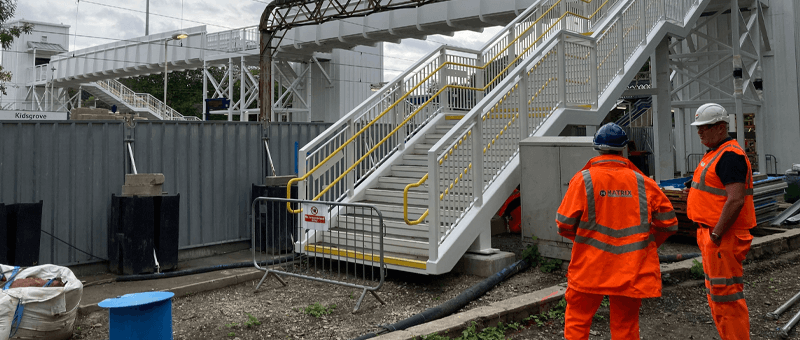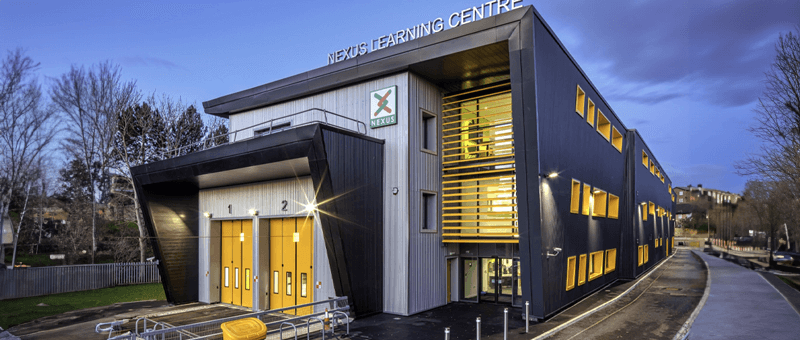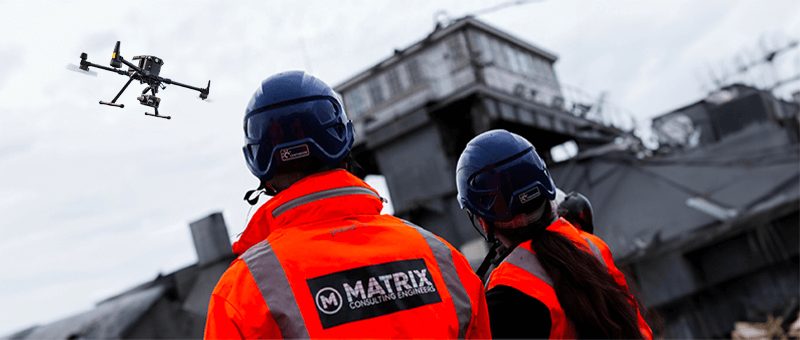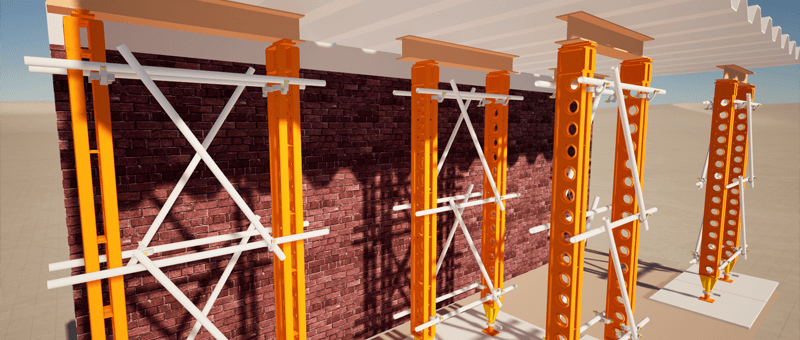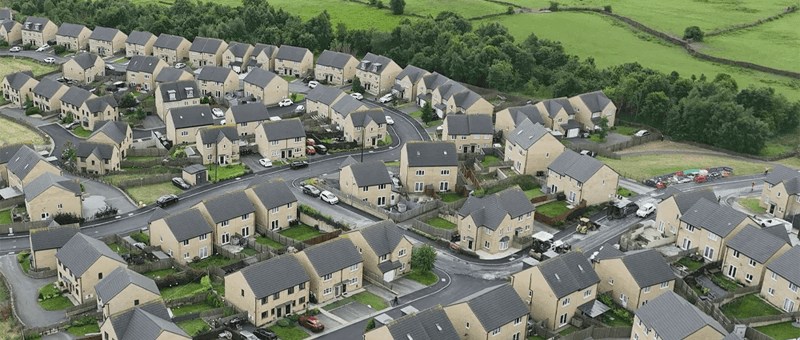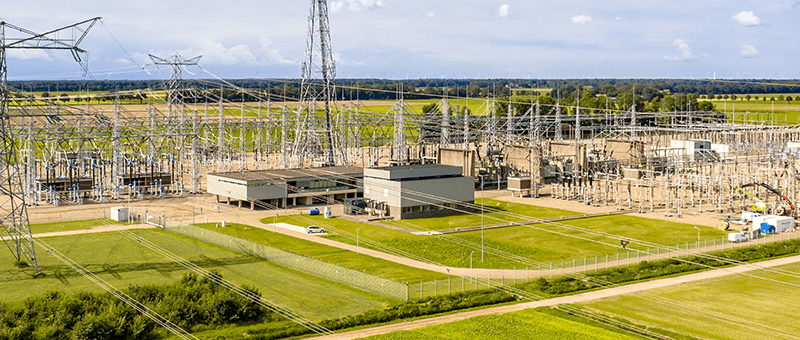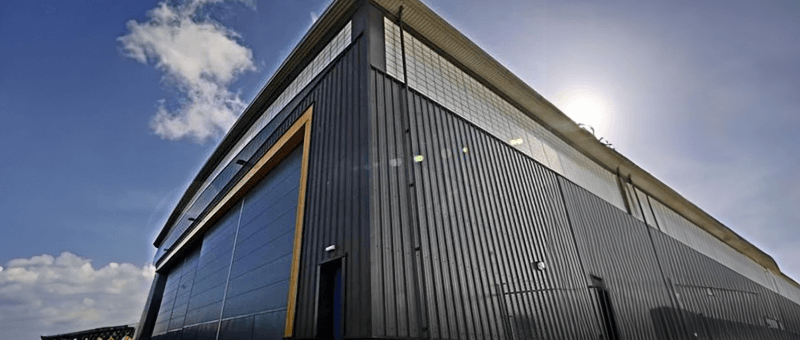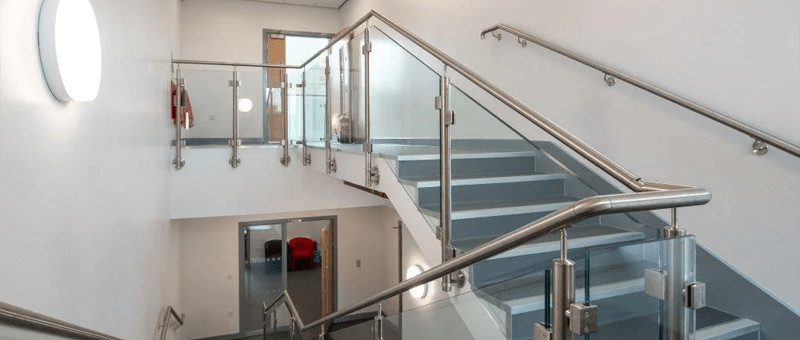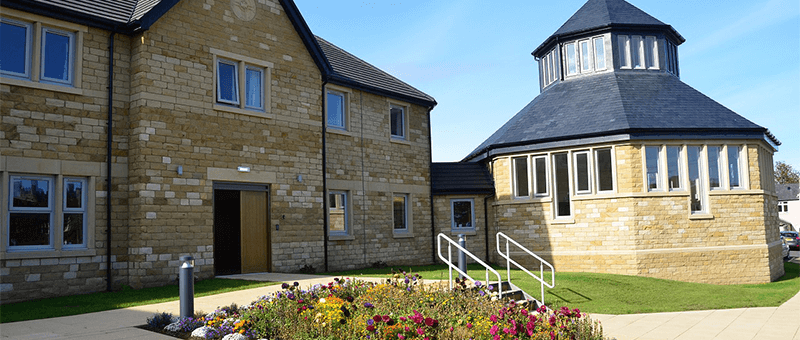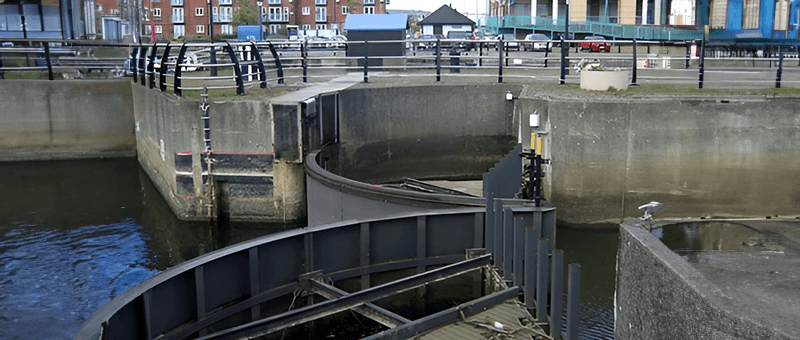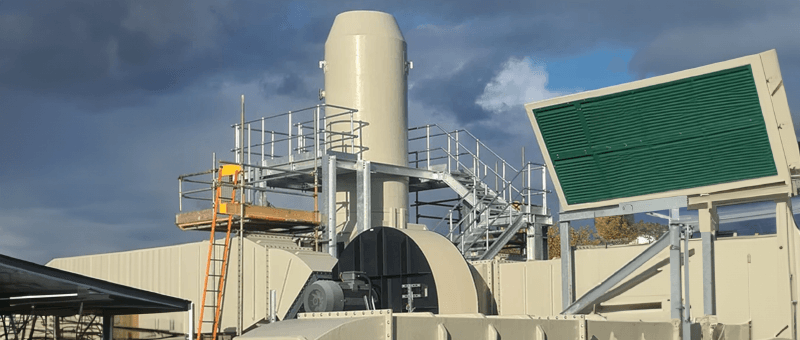Planning a home improvement? Here are six key questions you should ask your engineer before you commence work on your project:
1. Do you have experience in this area?
It’s always a good idea to find out if the people you hire have worked on this kind of project before, and even better if they have examples of their work, they can share with you: it will all help build confidence in the project.
2. Do you have Professional Indemnity Insurance?
It’s essential that any engineering professional you hire has this insurance so that you can be certain you’re covered in the unlikely event that something goes wrong with the structural design or advice they provide.
3. What statutory consent do I need?
Your engineer or architect should be able to help you identify which of Building Regulations approval, planning permission or listed building consent your design requires to proceed. Once you have the relevant approvals it will be easier for you to move your project forward: Builders will have more interest as this is so fundamental to the project’s viability.
4. Does the Party Wall Act apply to these works?
Boundary and shared walls are covered by this Act, which requires you to notify neighbours of your intention to do works on your side of the wall. It’s important to ask your engineer if it applies to your works. They may refer you to a specialist Party Wall Surveyor.
5. How do CDM Regulations impact on this project?
The Construction (Design & Management) Regulations 2015 (The CDM Regulations) will mean that you are liable for Health and Safety on your site, along with the designer and builder, so it’s worth you understanding how this impacts on your work. Many engineers will be able to advise on these Regulations or may recommend a specialist Construction Health and Safety Adviser.
6. Will a Building Over Agreement be needed?
This is legislation that relates to building either literally over or near a public drain. All shared drains are now considered public and come under the control of your water company. Most residential extensions are affected and an application for approval needs to show how the drain will be protected during the build and how future maintenance can be carried out without damaging your property.

